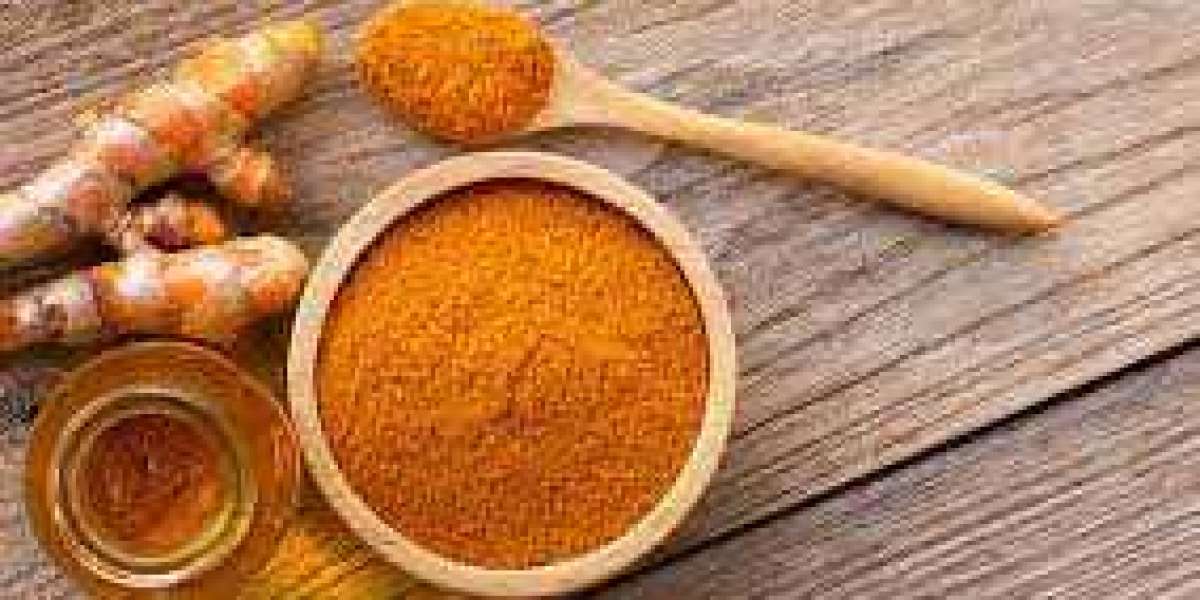Turmeric and curcumin are terms often used interchangeably, but they refer to different things. While they are related, understanding their differences can help you appreciate their unique health benefits and applications in both culinary and medicinal contexts. Let's dive into what distinguishes turmeric from curcumin and why this distinction is important.
Understanding Turmeric
Turmeric is a golden-yellow spice derived from the root of the turmeric plant, Curcuma longa, which is a member of the ginger family. This vibrant spice is a staple in Indian cuisine and is responsible for the rich color and flavor of many curries. Turmeric has a warm, earthy taste with a hint of bitterness, making it a versatile ingredient in various dishes.
Turmeric has been used for centuries in traditional medicine, particularly in Ayurveda and traditional Chinese medicine, where it is valued for its potential anti-inflammatory and antioxidant properties. However, turmeric contains many compounds, and one of the most significant is curcumin.
Understanding Curcumin
Curcumin is the primary active compound found in turmeric. It's a type of curcuminoid, which is a class of bright yellow chemical compounds. Curcumin is responsible for many of the health benefits attributed to turmeric, including its anti-inflammatory, antioxidant, and potential anticancer properties.
Curcumin is just one of several curcuminoids in turmeric, but it is the most extensively studied. It accounts for about 2-8% of turmeric's weight, making it a potent but relatively small component of the spice. Researchers have isolated curcumin to study its effects on various health conditions, and it has become a popular dietary supplement.
Turmeric vs. Curcumin: The Key Differences
While turmeric and curcumin are related, there are significant differences between them:
Source and Composition: Turmeric is the whole spice derived from the root of the turmeric plant, while curcumin is a specific compound extracted from turmeric. Turmeric contains a complex mix of compounds, including other curcuminoids, essential oils, and volatile substances, whereas curcumin is a single compound.
Concentration: Because curcumin is only a small part of turmeric, consuming turmeric directly does not provide a high concentration of curcumin. To achieve higher curcumin levels, one would need to consume a significant amount of turmeric, which is not always practical.
Health Benefits: Both turmeric and curcumin have health benefits, but curcumin is more potent and has been the focus of most scientific studies. Researchers have found that curcumin may help with inflammation, pain management, and even some chronic diseases. Turmeric, on the other hand, may offer additional benefits from its other compounds, such as essential oils.
Why It Matters
Understanding the difference between turmeric and curcumin is important for several reasons:
Health Benefits and Dosage: If you're seeking health benefits from turmeric or curcumin, it's crucial to know the appropriate dosage. Curcumin supplements are often more concentrated and standardized, allowing for more consistent dosing. Turmeric, as a whole spice, offers a broader range of compounds but in lower concentrations.
Absorption and Bioavailability: Curcumin has low bioavailability, meaning it's not easily absorbed by the body. To improve absorption, it's often combined with black pepper extract (piperine) or fats. When consuming turmeric, these additional components can help increase the effectiveness of the curcumin content.
Culinary and Medicinal Uses: Turmeric is ideal for culinary applications, adding flavor and color to dishes. Curcumin, due to its potency and concentration, is more suitable for medicinal purposes, often taken as a supplement in capsules or tablets.
In summary, turmeric and curcumin are related but distinct. Turmeric is a versatile spice with a range of compounds, while curcumin is the primary active ingredient known for its health benefits. Depending on your goals—whether culinary or medicinal—you may choose turmeric for its broader profile or curcumin for its concentrated health benefits. Understanding their differences helps you make informed choices about their use in your diet and health regimen.





